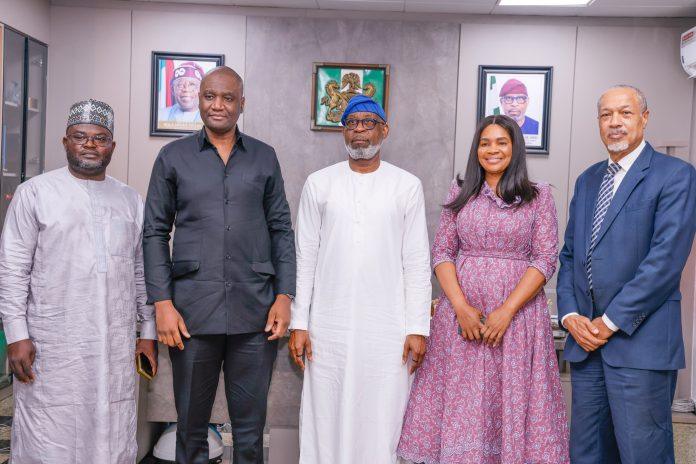549
Charles Abuede
President Muhammadu Buhari has directed the Central Bank of Nigeria (CBN) to restrict foreign exchange from the nation’s reserves on food items and fertilizer importation citing that the federal government, through its proactive policies, has been able to avert the looming food crisis in the wake of the coronavirus crisis, which disrupted the agriculture value chain as well as the global economy.
The president made this declaration during the National Food Security Council meeting on Thursday held at the State House, Abuja, which he presided over and had some members of the food security council as well as Godwin Emefiele, the governor of the central bank, and Boss Mustapha, the secretary to the government of the federation, among others.
According to a statement by Garba Shehu, the senior special assistant on media and publicity, the president has hinted on empowering local producers instead of disbursing funds from the foreign reserves.
”From only three operating in the country, we have 33 fertiliser blending plants now working. We will not pay a kobo of our foreign reserves to import fertiliser. We will empower local producers.”
According to Shehu, the president has also directed fertilizer blenders to directly convey the item to sub-national governments with the aim to beat the cartel of transporters who are frustrating the hard work to successfully distribute the products to end-users at reasonable costs.
The president also called on private businesses dealing on food items importation to source for foreign exchange independently rather than using Nigeria’s forex to import compromised food items, saying that the importers should utilize their “money to compete with our farmers,” citing that the present government will support desirous Nigerians who wish to engage in the business of agriculture.
”We have a lot of able-bodied young people willing to work and agriculture is the answer. We have a lot to do to support our farmers,” Buhari revealed.








